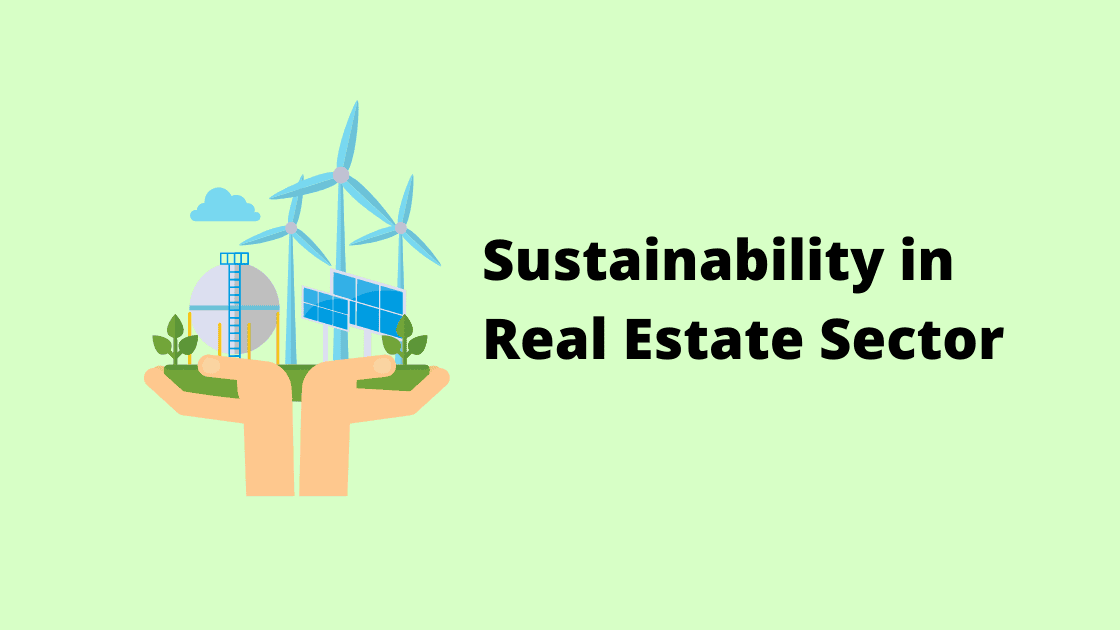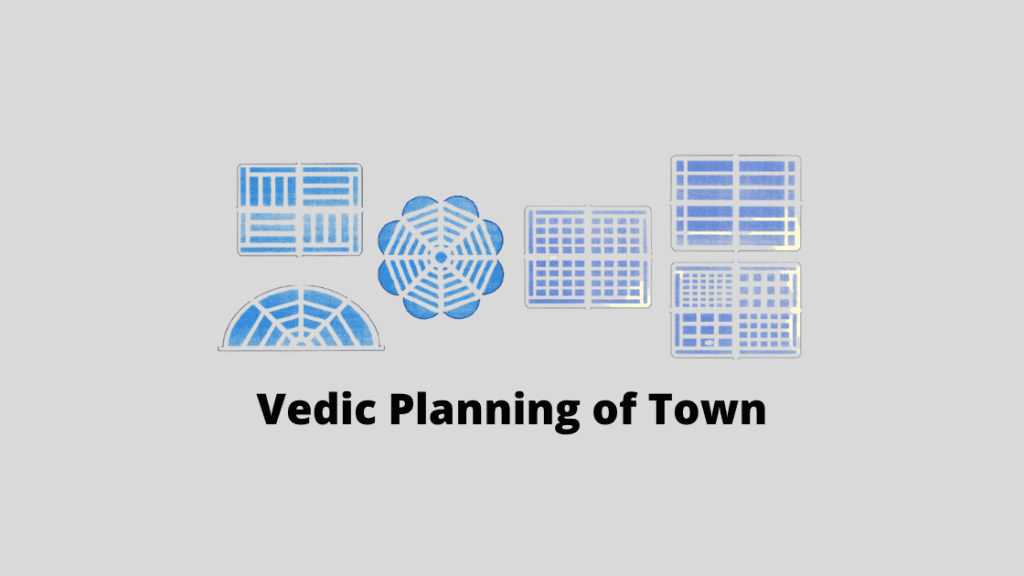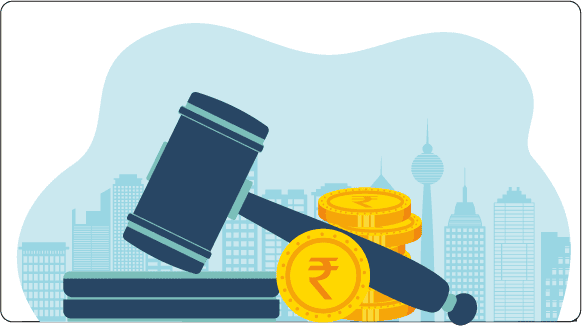Sustainability in Real Estate Sector

Sustainable investment is about the obligation and potential the real estate industry holds to arrive at environmental and climatic sustainability targets. In a quickly urbanizing world, the real estate sector lies at the focal point of an unprecedented degree of development and activity.
Financial experts, investors, occupiers, urban communities, and governments can and need to play a vital role to achieve a reduction of greenhouse gases with regards to the development and operation of real estate.
The World Economic Forum states in their report “Ecological Sustainability Principles for the Real Estate Industry”, that the land area consumes yearly more than 40% of worldwide energy p.a., that building structures produce 20% of worldwide greenhouse gases, and utilize c. 40% of raw items respectively.
An important issue of natural sustainability is connected with environmental change. At COP21, the Paris Climate Conference that occurred in December 2015, 195 nations embraced the very first agreement, which sets an objective for diminishing the adverse consequences from environmental change by restricting global warming below 2°C.
The World Bank estimates, the land area needs to diminish CO2 outflows by 36% by 2030 to help remain within the 2°C thresholds. If the countries don’t diminish global warming rapidly, temperatures might increase drastically in the next few decades.

Some of the most disastrous outcomes include a shortage of food and potable water, the spread of diseases, and rising sea levels, which will flood coastal areas and submerge various island countries. The United Nations Intergovernmental Panel on Climate Change (IPCC) gauges that a 1.5°C average rise might put 20-30% of species in danger of extinction. Moreover, rising weather events like tempests and floods are probably going to influence the property business and infrastructure significantly affecting economies and ventures.
Governments, cities, and urban communities will continue developing long-term strategies that will encourage real estate investors to work together and support such initiatives. In light of this, it appears that the real estate sector will remain a priority for future policy action. This presents new challenges and opportunities for owners and occupants of properties.
Why Should Sustainability Be Considered While Making Investment Decisions?
For industry experts at all marks of business, meshing environment and sustainability contemplations into key choices is an obligation. But what many don’t yet acknowledge is: directing business sector decisions toward sustainable, and climate-friendly results will really create financial and economic adjustments for the real estate business and investors, particularly in the medium and long terms.
Investments made in sustainability property have been developed from a niche concern to a standard item for new real estate developments and venture items throughout the past decade. Green buildings address a huge portion of global development projects, which are expected to grow further. At the point when investors put into new development projects, those will have or qualify for a sustainability rating.
Eminent public and private associations are creating inventive projects that are simple, compelling, effective, and controlled by excited volunteers who urge to give back to their society. Organizations are also zeroing in on local area inclusion partnerships with not-for-benefits that line up with their organizations, for example, fiasco help programs (or disaster relief programs), lodging support, and job support and training programs. Worker participation has additionally become key to providing a solid bond with the local area and a more prominent sense of community for their employees. These projects can prompt more prominent fulfillment from clients and more joyful employees, increasing benefits and diminishing employee turnover.
Establishing or Building Upon Formal Programs
Organizations are progressively zeroing in on establishing or building upon formal projects/ programs in regions, as in, employee wellbeing, putting resources into extended medical care, adaptable work arrangements, maternity-and paternity-centered programs, and extended counseling projects including mental prosperity, finance, and career planning.

For becoming successful both financially and as corporate citizens, leadership, oversight, operations, and execution of these and different projects are significant, as they increase steadiness, transparency, and worker retention.
It’s fundamental to have the legitimate cycles, conventions, and strategies set up to screen these projects, and achieve results when a diverse group of chiefs leads them. Founding the right tone at the top shows an association’s obligation to transparency, responsibility, and activities that are following sustainability and dependable social policies.
Challenges of Investing in Sustainable Buildings
The causal chain between the impacts of cost-spending on sustainability speculations and the resultant impacts and advantages will in general be diffuse, yet a few informative data and contextual analyses represent key and significant patterns and recommend the factors that will play increasingly weighted roles in long-term expenses and values.
Without one completely uniform certification framework, it is hard to measure, normalize and compare at a financial valuation of sustainability viewpoints. Guidelines incorporate inter alia LEED (North America, Asia), BREEAM (UK), HQE (France), DGNB (Germany), and CASBEE (Japan).
According to the viewpoint of proprietors and investors, sustainability costs are not symmetric with the outcome of energy savings. As such, energy-saving marks require huge capital expenditures to be borne by proprietors and investors, yet the subsequent decrease of working expenses generally happens after some time and benefits tenants mainly.

Unlocking the Power of Feng Shui in Real Estate: A Guide to Harmonizing Your Home
Real estate is the industry that holds the potential and the obligation to achieve environmental and climatic sustainability goals in...
What is External Development Charges (EDC)?
Real estate is the industry that holds the potential and the obligation to achieve environmental and climatic sustainability goals in...
Importance of Highway for Indian Real Estate Sector
Real estate is the industry that holds the potential and the obligation to achieve environmental and climatic sustainability goals in...
Ways to Manage Traffic in Metro City
Real estate is the industry that holds the potential and the obligation to achieve environmental and climatic sustainability goals in...
What is Travel Demand Modeling?
Real estate is the industry that holds the potential and the obligation to achieve environmental and climatic sustainability goals in...
What are CPM and PERT?
Real estate is the industry that holds the potential and the obligation to achieve environmental and climatic sustainability goals in...
Overview of Vedic Town Planning
Real estate is the industry that holds the potential and the obligation to achieve environmental and climatic sustainability goals in...

















